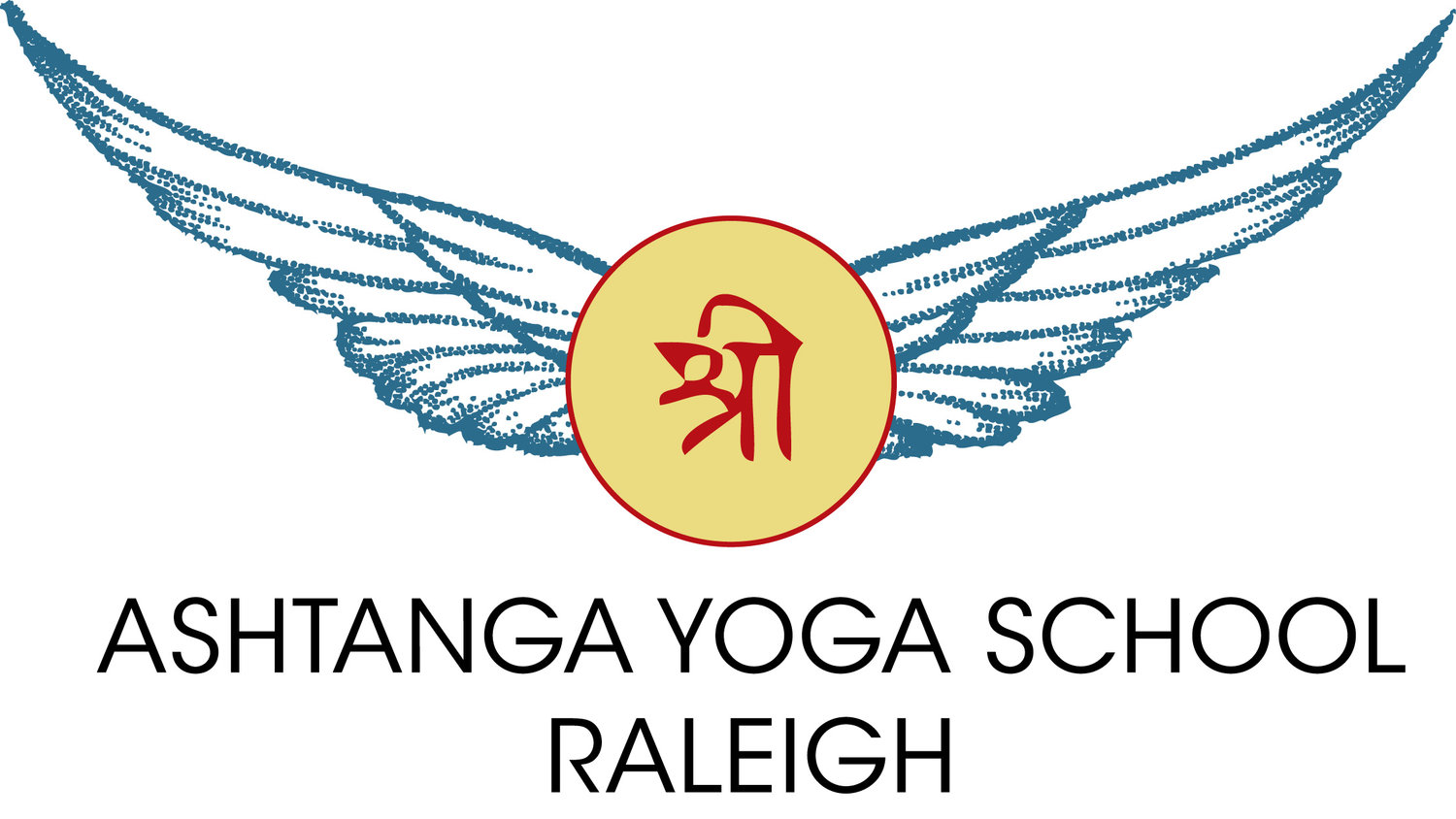When it comes to yoga practice, and particularly Ashtanga, since there is an emphasis on self-practice and independence, everyone has questions at some point. Its part of the practice: Inquiry, investigation, and problem solving...and through that, building confidence in ourselves and becoming more self sufficient -- understanding yourself and what your true nature is
GENERALLY speaking, beginners tend to have questions on the more practical/tangible side: Alignment/Order of poses, how to start, modifications, etc
Those with some experience move to the more subtle questions: expressing frustration around certain poses and progress, how to keep going and have a life, dealing with fatigue, questions around the emotional and energetic shifts that begin to happen
Those with more experience may begin to have deeper, more philosophical questions - or QUESTIONING: Why am I jumping around on my mat? How do I keep this up long term, as I age, through injuries (yoga related or not), and issues/questions around generally becoming a more sensitive/perceptive person.
At all of these stages, a teacher is important:
An experienced teacher can be a great resource for all of these types of questions. Someone who has been where you are and has spent some time on their mat, questioning and puzzling things out, asking their teacher, or engaging with other students and communities. Someone you can have a conversation with, who can point you in the direction of your answers
Getting involved in and staying engaged with a community (virtual or in person) can also be a great support when questions arise. Remember, we are all doing the same practice, and will have many common experiences :-)
Here are some ways to engage with the questions that come up for you:
Write it down - keep a journal, or make a quick note. This clarifies the question and makes it real and somehow more worthy of finding the answers. Let your practice help you digest your question. Sometimes just turning things around in your mind while you practice or throughout your day will bring clarity and answers. This also opens the door to self inquiry, investigation and problem solving.
Ask a teacher in or after class. Don’t be shy! Often others will have the same question and will benefit from hearing the answer/discussion. Bring up your question during a community conference, or on the community social media group.
Talk to your fellow students - each of you have valuable insights and experiences to share with each other. You never know what you’ll learn!
Shoot me a message! We can chat by text, set up a call or zoom meeting. I truly enjoy learning more about my students, their interests and concerns around practice, how it fits into their life, etc. I find it inspiring and feel like its what makes me a better teacher. While I may not be able to answer every query definitively, I can usually point you down a path of investigation, which is really why we’re all here anyway, right?

